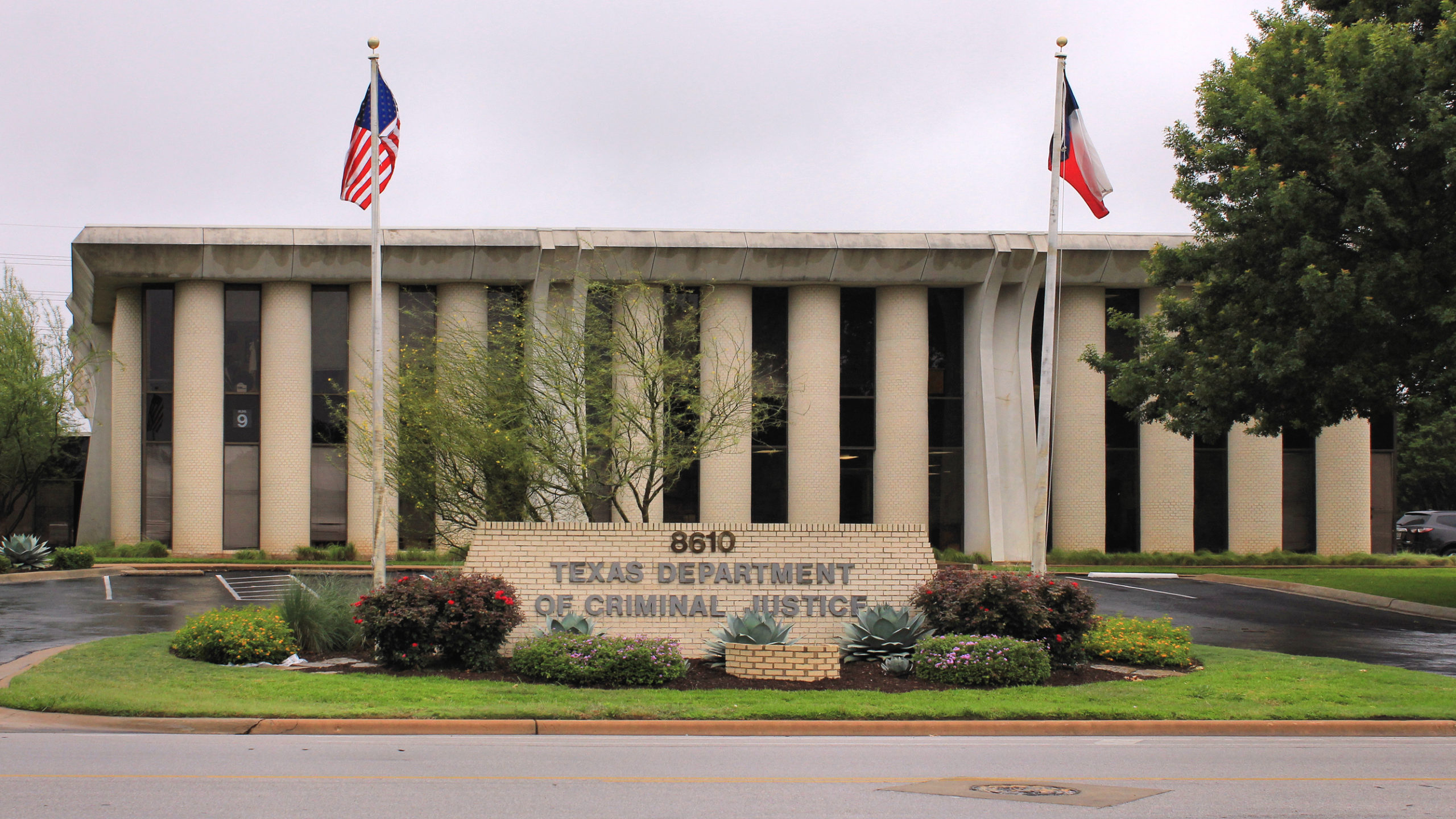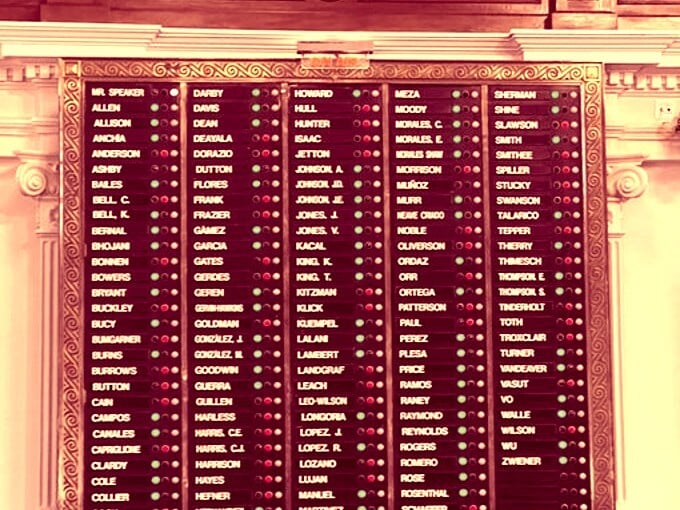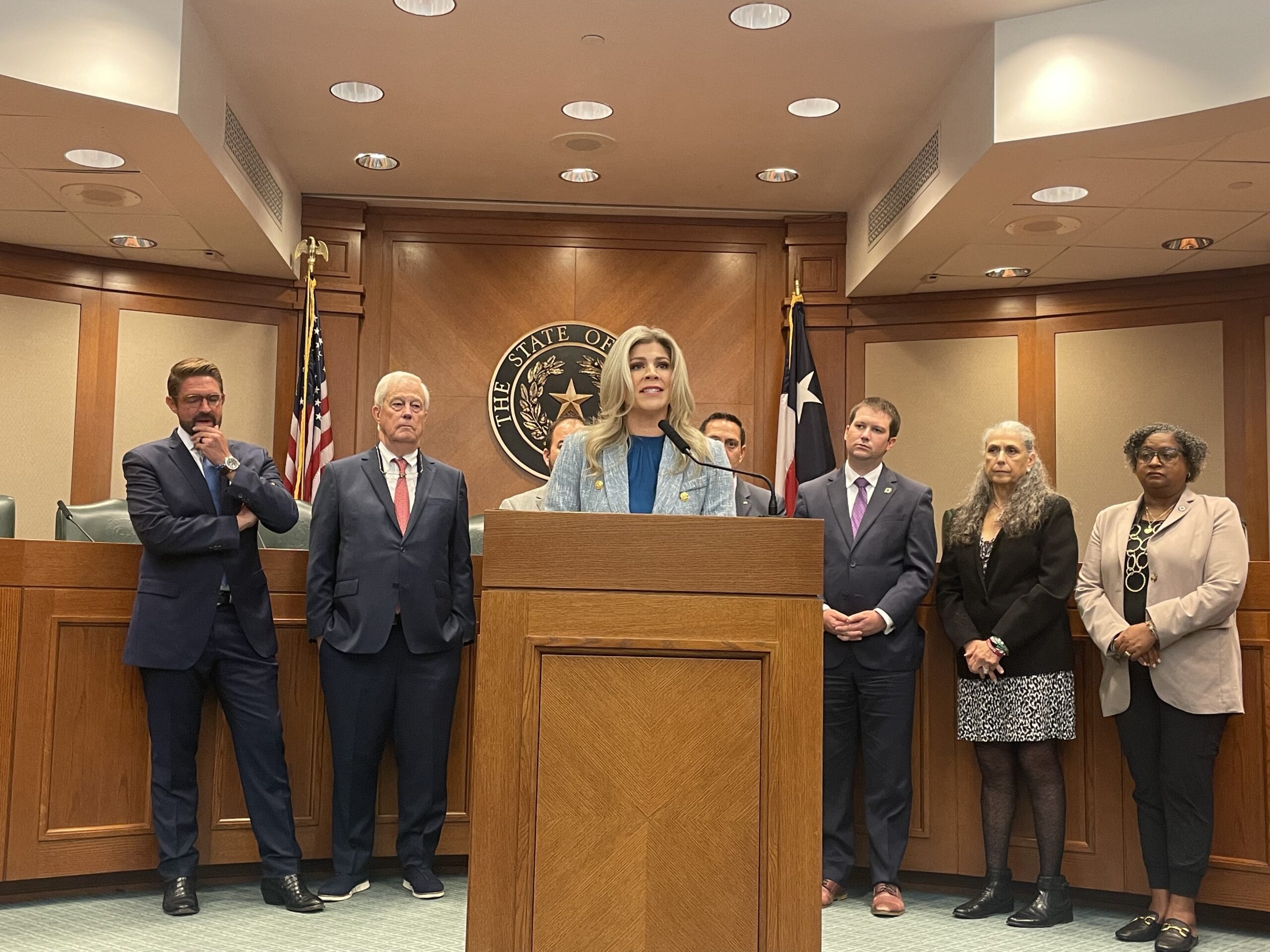
Yet Again, Texas Lawmakers Face Crisis Conditions in Texas Prisons
Texas lawmakers are confronted with a bleak picture of life inside Texas Department of Criminal Justice facilities every two years. Will they act this year?

Lovinah Igbani feels lucky for surviving six Texas summers confined to a prison cell without air conditioning. During a House Corrections Committee hearing in late April, Igbani described desperately trying to cool down by covering herself with a wet sheet, only to find it dry 30 minutes later. Sweat from a cellmate sleeping on the top bunk dripped onto Igbani. “I’ll never forget being in my cell, and the officers coming around to check the temperature and sometimes it was 125 degrees,” Igbani told lawmakers. She also described seeing women collapse from the heat and wheeled out on stretchers and never returned. “We saw them passing out, not having water, begging, waiting for officers to bring water around, and it just didn’t happen,” she said.
Texas lawmakers are confronted with a bleak picture of life inside Texas Department of Criminal Justice (TDCJ) facilities every two years. Each legislative session, formerly incarcerated Texans and people with family behind bars travel to Austin to testify about torturous conditions, including deadly temperatures inside the state’s uncooled prisons. During the same corrections committee hearing where Igbani testified, state Representative James White, an East Texas Republican and longtime member of the committee, pointed to recent reports of people wading through sewage at one decaying state lockup. “These conditions are inhumane and must be addressed,” he said. “It really pains me that session after session, we have smart people up here and we cannot figure out the long-term solution to get this under control.”
Despite this outpouring of trauma, bills addressing crisis conditions inside TDCJ facilities usually fail. In previous years, lawmakers have failed to move legislation that would cool Texas prisons, despite at least 13 deaths from heatstroke in state lockups over the past decade. State Representative Terry Canales, an Edinburg Democrat who files a prison air conditioning bill every session, called the inattention from lawmakers “disheartening” when he introduced this year’s version, House Bill 1971, in April. “The reality is what we’re doing is disgusting,” Canales said. HB 1971, which passed the House last week, directs TDCJ to develop a plan for cooling all state prisons but doesn’t fund it.
While TDCJ has mothballed several old facilities over the past decade due to a steadily declining prison population, the agency still operates a dozen lockups that are at least 100 years old. And repairs the agency has put off due to budget constraints have accumulated to a whopping $650 million in deferred maintenance, according to a recent corrections committee report. “These prisons run on bubble gum and Scotch tape fixes,” White said.
Crumbling facilities aren’t the only existential challenge facing TDCJ. The graying prison population and associated increases in healthcare costs are also putting strain on a system that’s already dangerously understaffed and where violence by guards and suicides have been on the rise in recent years. Advocates have long pushed for parole reforms and investment in community-based programs as a way to ease the pressure and keep more people out of state lockups altogether. Another measure that passed the House, House Bill 2793, would reform treatment and rehab programs so that people aren’t stuck in prison after they’ve already been approved for release—which happened to thousands of people during the pandemic as coronavirus cases and deaths soared behind bars in Texas.
Legislative inaction over grueling prison conditions spurred other, more controversial proposals for reform this session. Representative White’s solution, House Bill 1921, would have directed the Texas prison system to explore “modernizing” facilities through build-to-lease contracts with private companies. White says the proposal was inspired by a similar plan from Alabama’s governor to fix that state’s scandal-plagued prison system by partnering with the private prison company CoreCivic, which has its own alarming track record of running lockups. Alabama’s plan—two new prisons that CoreCivic will build, own, and lease to the state to operate for the next 30 years at a total cost of about $3 billion—drew such strong backlash from Black Lives Matter activists that financiers eventually withdrew from the project.
White called it “unrealistic” to seek improved prison conditions without building new facilities but also said it’s far-fetched to expect officials to find a way to pay for them. “Who wants to go back home and say that they have spent billions or hundred of millions of dollars on an incarceration unit when you may have a public school in your neighborhood that might need an air conditioner retrofit?” White said. “I could see the state legislature putting investments into a port in Texas, but not a prison.”
White’s private prison bill died before the House deadline to advance new legislation last week, but Canales’ HB 1971 passed on a 123-18 vote. The first prison air conditioning bill to clear the chamber, it would only take effect if lawmakers dedicate state or federal funds to cooling prisons. And it’s now in the hands of the Texas Senate, where many criminal justice reforms have died in recent sessions.
TDCJ has said it will take $1 billion to cool all Texas prisons, but the agency has grossly overestimated those costs before. Canales’ bill caps spending on prison cooling costs at $300 million over the next seven years should lawmakers find the stomach to fund it, but he insists the debate is about more than money. “I don’t think we have a money problem,” he said. “I think we have a give-a-damn problem.”


